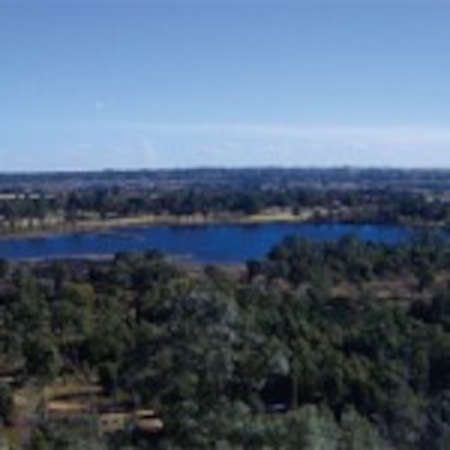
Looming Environmental Crisis
In Johannesburg, a silent threat is brewing beneath the city’s surface, as millions of liters of highly acidic mine water steadily rise. Left unchecked, this toxic brew could overflow onto the streets within the next 18 months, according to warnings delivered to Parliament’s water affairs portfolio committee.
Rapid Escalation of the Threat
Reports from the South African Press Association (SAPA) reveal that the acidity of this underground water rivals household substances like vinegar and lemon juice. Currently residing about 600 meters below ground, the water level is escalating at an alarming rate of 0.6 to 0.9 meters per day, posing a dire risk to Johannesburg’s central business district.
Urgent Measures Required
Marius Keet, deputy director of water quality management at the Department of Water and Environmental Affairs, stressed the urgency of the situation. He emphasized the critical need for a new pumping station and upgrades to existing treatment facilities to avert catastrophe.
Environmental Advocacy and Concerns
Addressing Parliament, activist Mariette Liefferink underscored the magnitude of the threat posed by the rising mine water. She warned of catastrophic consequences if remedial actions were further delayed, likening the environmental problem to a close second to global warming in terms of impact.
Underlying Causes and Regional Impact
The formation of acid water underground stems from the oxidation of sulphide minerals like iron pyrite in abandoned shafts and tunnels. This process leads to acid mine drainage, which not only affects Johannesburg but also extends to other regions like the Western Basin near Krugersdorp-Randfontein and the Eastern Basin near Nigel.
Challenges and Short-term Interventions
Despite efforts to address the issue, including the application of lime to neutralize water acidity, challenges persist due to insufficient treatment capacity. The situation is further compounded by legal disputes with mining companies and the pressing need for substantial financial resources.
Implications for Communities and Ecosystems
The ramifications of acid mine water extend beyond environmental degradation, impacting the health and well-being of communities living in close proximity to contaminated land. Recreational areas like Robinson Lake have transformed into toxic wastelands, highlighting the far-reaching consequences of unchecked pollution.
Conclusion: Addressing an Imminent Threat
As Johannesburg grapples with the looming specter of acid mine water, decisive action is imperative to prevent a potential disaster. By prioritizing environmental conservation and sustainable resource management, authorities can mitigate risks and safeguard the city’s future.



